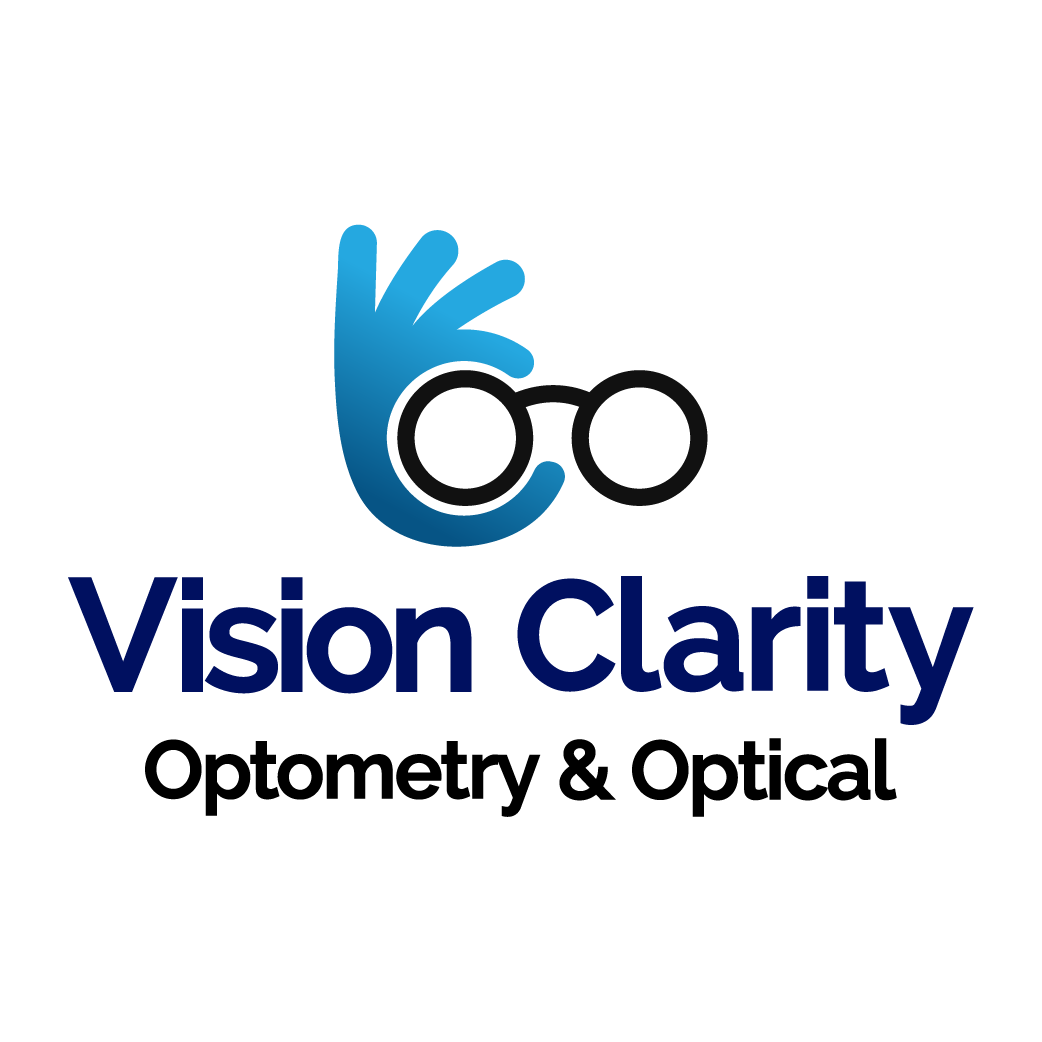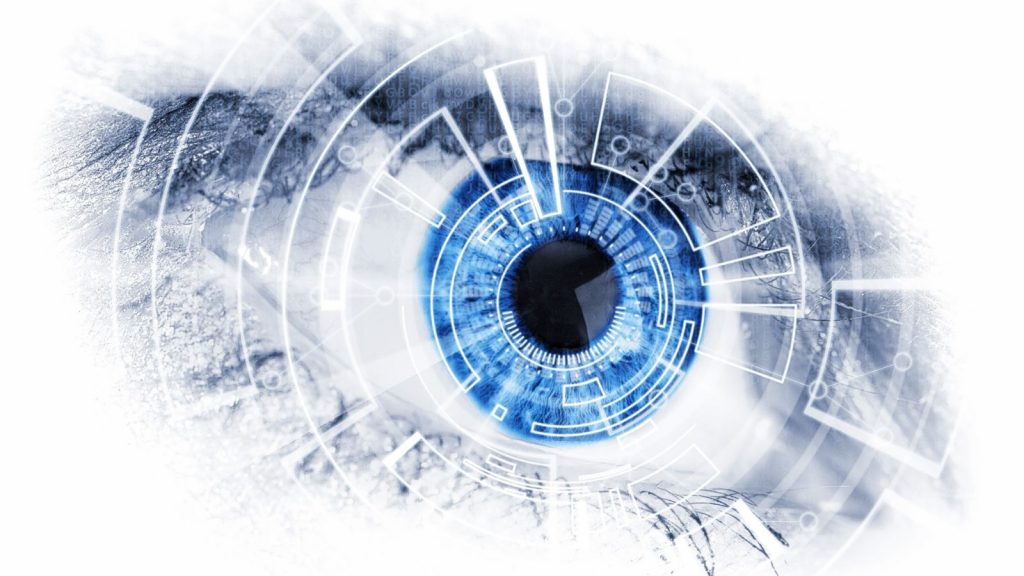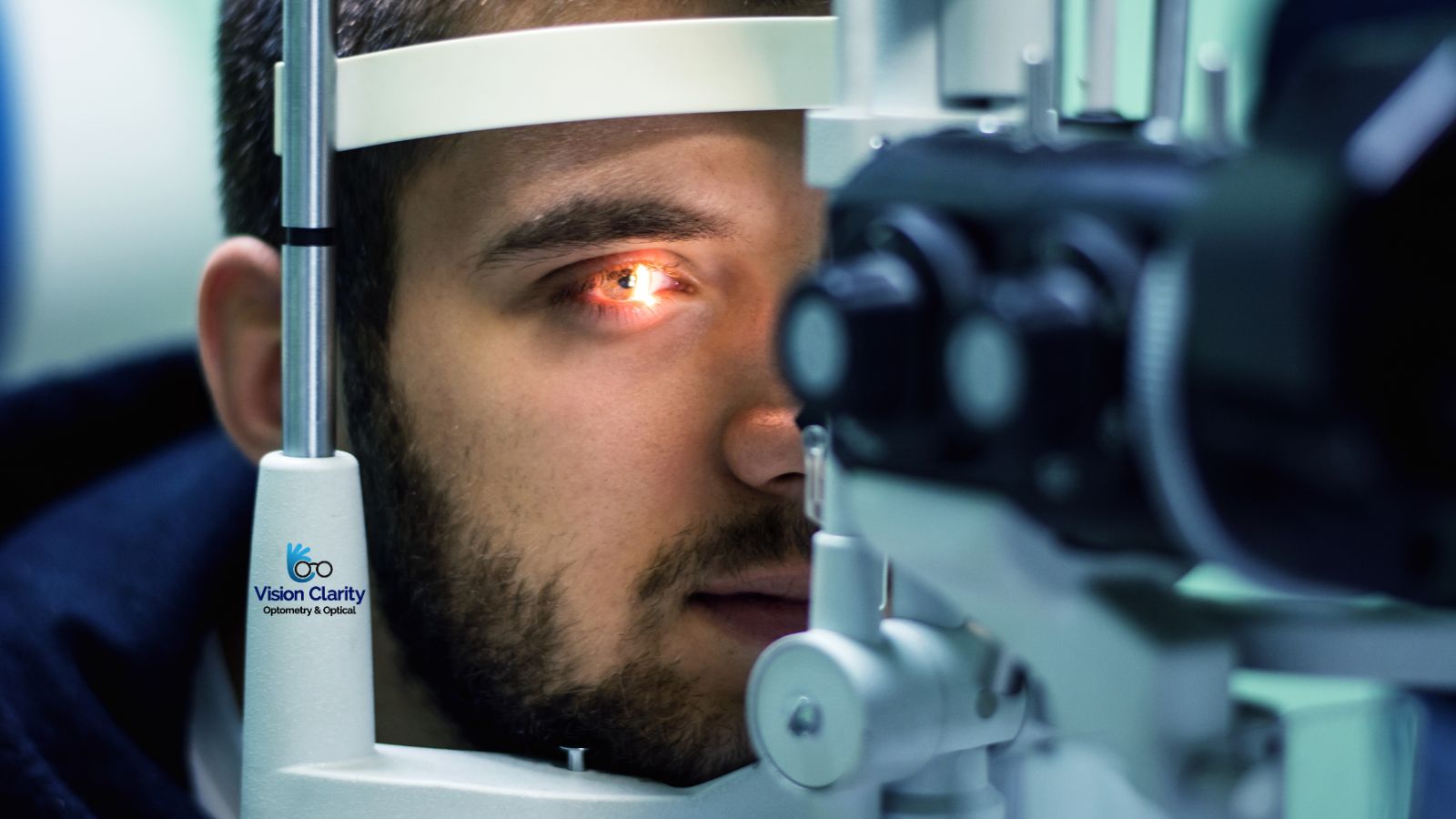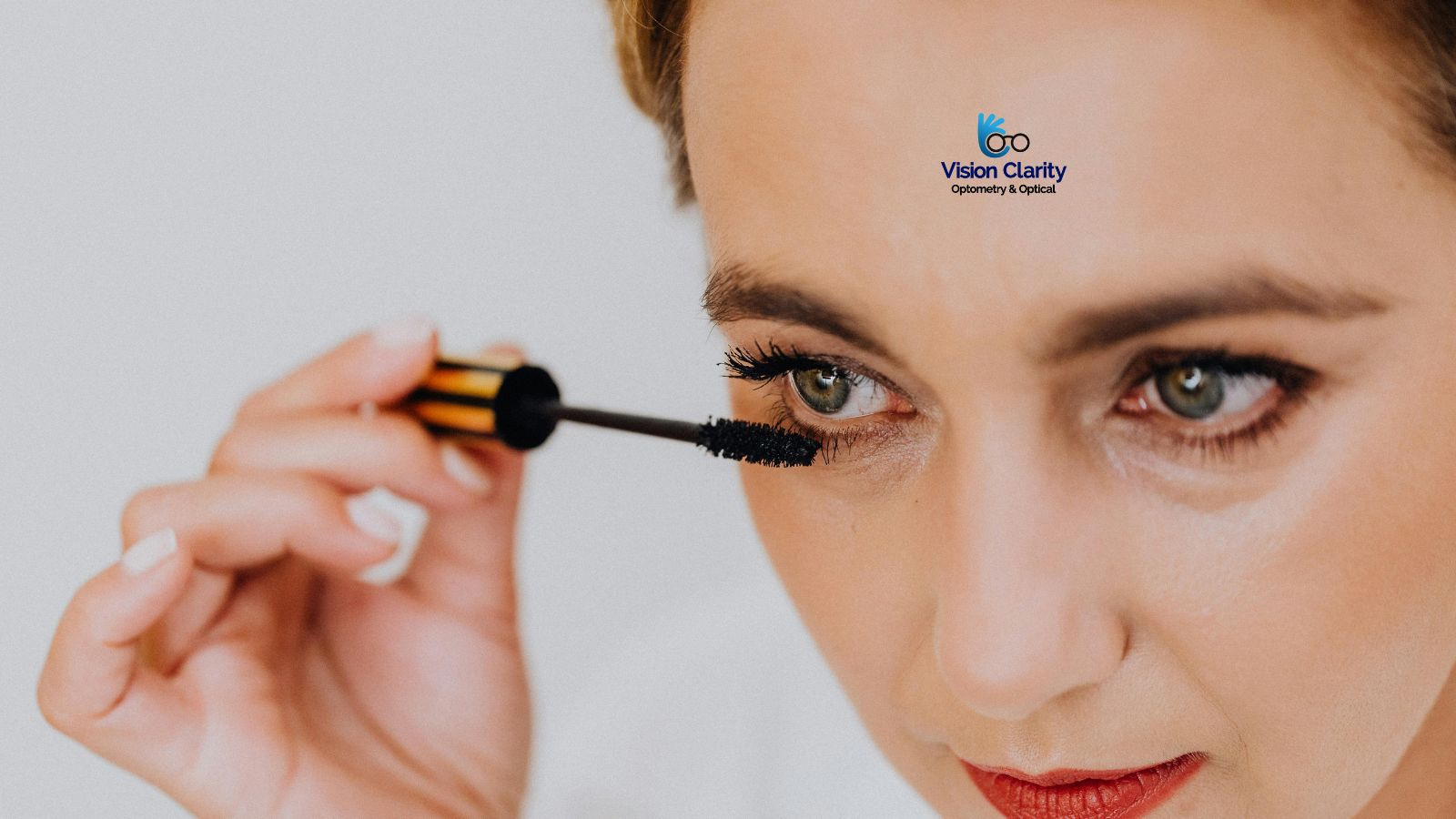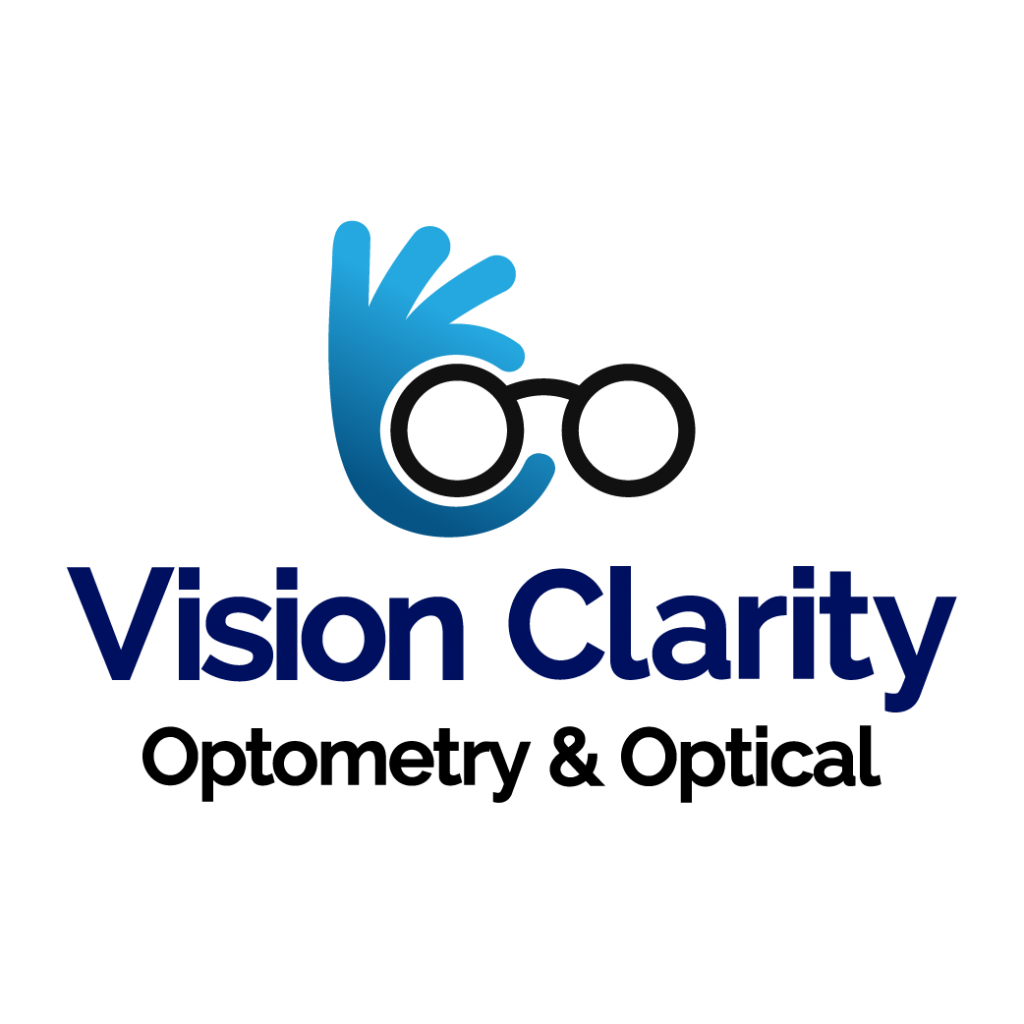Yes, eye checkups in Ontario are free for some people, but not for everyone.
Under the Ontario Health Insurance Plan (OHIP), routine eye exams are fully covered if you fall into one of the following categories:
-
👧 Children and teens under 20 years old – One free eye exam every 12 months.
-
👵 Seniors aged 65 and older – One free eye exam every 12 months (more often if medically required).
-
👁️ Adults with eligible medical conditions – If you have diabetes, glaucoma, retinal disease, or other qualifying eye or systemic conditions, your exam may be covered regardless of age.
For most adults between 20 and 64 years old who don’t have an eligible medical condition, eye exams are not covered by OHIP. That means you’ll need to pay privately or use vision coverage through your insurance plan. Still, regular eye checkups are strongly recommended every 1–2 years, as they help detect early signs of vision changes and serious eye diseases before symptoms appear.
Even if your checkup isn’t free, it’s an essential investment in your long-term vision health.
👓 Take care of your eyes with Vision Clarity Optometry in Mississauga!
Our expert optometrists offer affordable, comprehensive eye exams for all ages, using advanced diagnostic equipment to ensure clear, healthy vision. Whether you’re covered by OHIP or not, we make your eye care simple, precise, and comfortable.
📞 Call +1 289-805-0019 today to book your next eye exam with Vision Clarity, your trusted optometry clinic in Mississauga. Keep your eyes healthy, your vision sharp, and your future clear!
How Much Do Eye Exams Cost for Adults in Ontario?
For adults between the ages of 20 and 64, routine eye exams are typically not covered by OHIP, unless you have a qualifying medical condition such as diabetes, glaucoma, or a retinal disease. That means you’ll usually need to pay out of pocket or use private insurance for your eye checkup.
The average cost of an eye exam in Ontario ranges from $80 to $130, depending on several factors:
-
Clinic location and experience: Optometrists in larger cities like Mississauga may charge slightly more due to higher operational costs and advanced diagnostic technology.
-
Type of exam: A standard vision exam costs less than a comprehensive eye health assessment that includes retinal imaging or OCT (optical coherence tomography) scanning.
-
Special testing: If your optometrist needs to monitor a specific condition or perform additional tests for dry eye, contact lens fitting, or eye strain, there may be additional fees.
Many private health insurance plans and employee benefits cover some or all of the cost of annual eye exams, so it’s always worth checking with your provider. Even without coverage, a professional eye exam is an invaluable investment. Detecting early signs of vision changes, cataracts, or diseases like glaucoma can save you from more serious — and expensive — issues later.
At Vision Clarity Optometry in Mississauga, we make quality eye care accessible. Our team offers transparent pricing, detailed eye assessments, and advanced diagnostic tools to ensure every patient receives personalized care.
📞 Call +1 289-805-0019 today to schedule your eye exam and experience clarity, comfort, and confidence in your vision.
Why Regular Eye Checkups Are Important for Everyone
Even if you don’t have vision problems, regular eye exams are essential for maintaining lifelong eye health. Your eyes reveal much more than just how well you see — they can also indicate early signs of systemic health issues such as diabetes, high blood pressure, or thyroid disease.
Routine checkups help your optometrist detect subtle changes in your eyes before symptoms become noticeable. Early detection allows for quicker treatment and better outcomes, especially for conditions like:
-
Glaucoma: Often symptomless until advanced stages.
-
Macular degeneration: A leading cause of vision loss in adults over 50.
-
Diabetic retinopathy: Can cause severe vision damage if left untreated.
-
Digital eye strain: Increasingly common due to prolonged screen use.
Most adults should have an eye exam every one to two years, even if their vision seems fine. Children and seniors may need more frequent visits depending on their eye health and medical history.
At Vision Clarity Optometry, we believe prevention is the best form of care. Our comprehensive exams use modern imaging technology to check every aspect of your eye health — from your retina to your cornea — ensuring early diagnosis and personalized treatment.
👁️ Keep your vision strong and your health on track.
📞 Book your next eye exam with Vision Clarity Optometry in Mississauga at +1 289-805-0019 and take the first step toward clearer, healthier eyes.
How to Prepare for Your Next Eye Exam
Preparing for your next eye exam ensures you get the most accurate results and the best possible care from your optometrist. Whether it’s your first visit or a routine checkup, knowing what to bring and what to expect will make your appointment smoother, faster, and more effective.
1. Bring Your Current Eyeglasses or Contact Lenses
If you already wear glasses or contacts, bring them along — even if you think your prescription hasn’t changed. Your optometrist will measure your current lenses and compare them to your updated results. This helps determine whether your prescription needs adjustment or if there are signs of eye strain caused by outdated lenses.
2. List Your Medications and Health Conditions
Your eyes can reveal important information about your overall health. Certain medications or health conditions — like diabetes, thyroid disorders, or hypertension — can affect your vision and eye health. Bring a written list of any medications you’re taking, along with your medical history, so your optometrist can tailor the exam and offer the right advice.
3. Know What to Expect During the Exam
A comprehensive eye exam typically includes:
-
Refraction test: Determines your eyeglass prescription.
-
Eye pressure check: Screens for glaucoma and other pressure-related conditions.
-
Retinal imaging or OCT scan: Captures detailed images of your retina to check for early signs of disease.
-
Eye movement and focus tests: Evaluate how your eyes work together.
These tests are quick, non-invasive, and completely painless — and they provide a full picture of your visual and ocular health.
4. Ask Questions and Discuss Your Vision Needs
If you’ve noticed changes in your vision, eye strain, headaches, or difficulty focusing, mention them during your appointment. This helps your optometrist customize your prescription and recommend the best solutions, whether it’s new lenses, dry eye treatment, or lifestyle adjustments.
